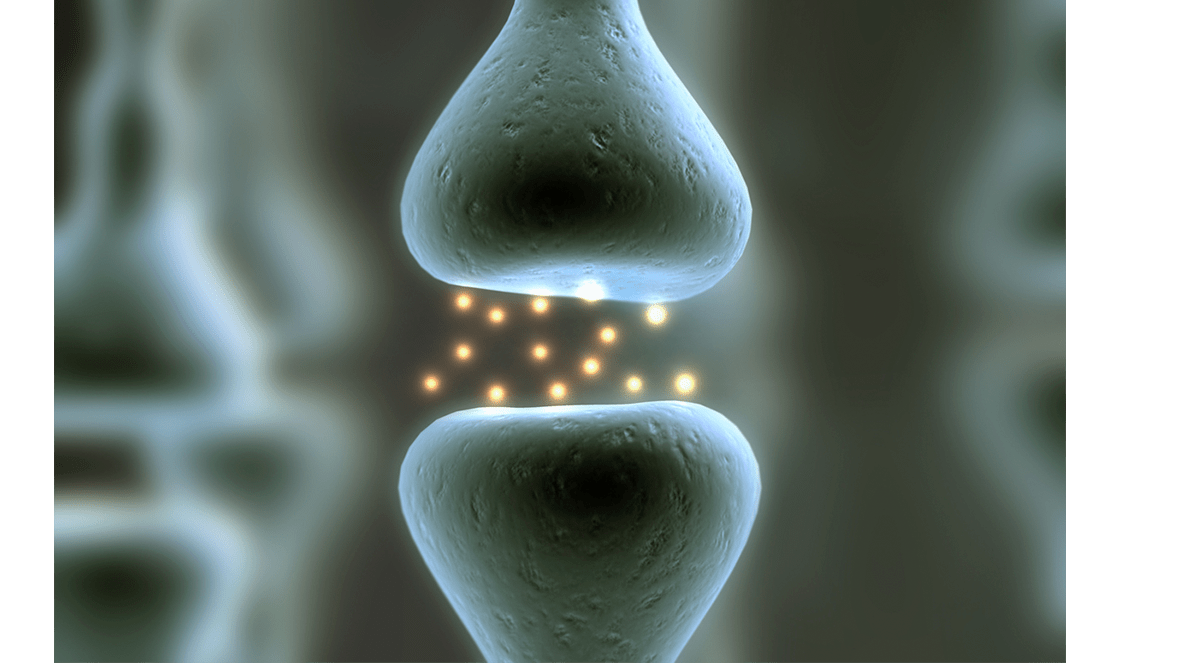Current clinical guidelines do not support the use of manual therapy (MT) interventions for Fibromyalgia (FM) patients, despite evidence of positive biochemical, mechanical and psychological effects, and the popularity of hands-on treatments amongst patients. An optimal dose for MT has not been established; this may explain the discrepancies found within the published literature. The aim of this systematic review was to determine whether there is a dose response relationship for MT leading to improvements in core domains of FM symptomology; Pain, Mood, Sleep, Global Measure of Impact (Functional Status & Quality of Life).
We searched six databases from 1990 to January 2018; studies were evaluated using the PEDro scale. Within-group (ESd) and between-group (ESg) Effect Sizes were calculated.
We identified and screened 4012 articles, 12 articles were critically appraised. Overall, there is moderate evidence that MT has positive effects on the four clinical outcomes investigated. However, there was no consistent dose response relationship observed across all studies.
A dose of approximately 45 min MT, three to five times per week, for three to five weeks, totalling 11 h 15 min, should be considered a baseline generic protocol for treatment delivery and research trials. Further research is necessary to confirm domain specific, or patient specific optimal doses. Moderator variables such as treatment time, frequency, duration; and MT type also need to be explored to ensure optimal delivery of MT in future research and clinical care provision.
Copyright © 2020 Elsevier Ltd. All rights reserved.
Is there a dose response relationship between soft tissue manual therapy and clinical outcomes in fibromyalgia?


